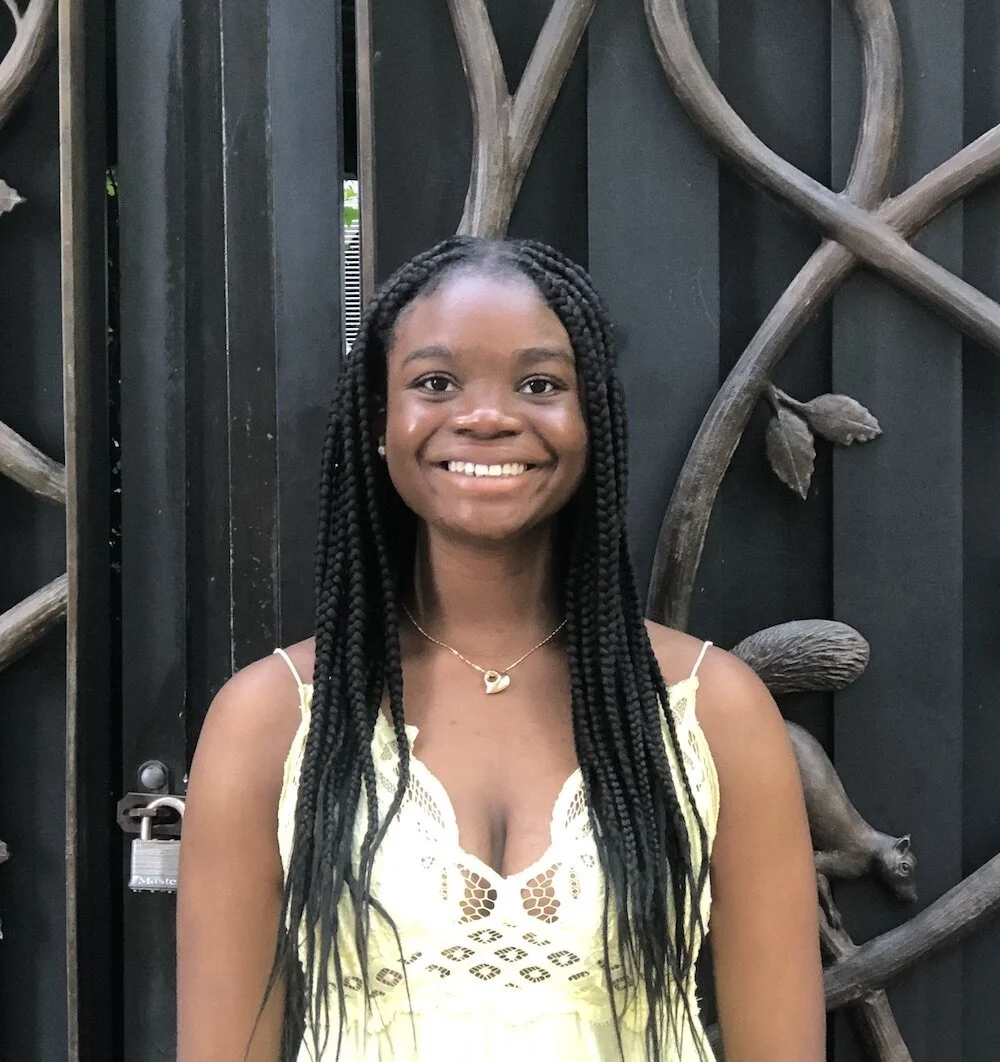Being from Florida, I’ve been deprived of a typical terrain of changing seasons and rolling hills. Rather, I’ve found beauty in the beaches near my house, and nothing beats the Florida sunsets that reflect off the water every evening. Hordes of beach goers, including me and my friends, lounge in hammocks that line the shore every night just to watch it. Yet pollution from people and boats stains the color of the water, and litters the white, lush sand. Therefore, it is my personal pledge to participate in beach cleanups multiple times a year. I’ve come to realize the significance and importance of preserving the beaches so that generations after me can enjoy the same sunsets. I wrote a paper about the disproportionate effects that climate change has on the aborigines and lower income communities, the divestment movement in universities, and the feasibility of the Green New Deal.
❧
Storytelling can transform the average listener from a mere bystander to a passionate activist. Climate change is one of the largest issues humanity will face. However, while climate change will reap havoc across the entire planet, the damage will not be felt proportionately. Already, there is a disparity in the effects that climate change has on Australian native communities, as well as low income communities in the United States, in comparison to middle and upper class communities. Therefore, it becomes clear that the middle and upper class demographic are blinded to the full scope of the impacts of climate change. When grappling with the effects of climate change, there is therefore a disconnect between simply hearing information about climate change, and true comprehension through personal observation and real life experience. Through storytelling, we can bridge this gap by establishing a deeper understanding. Telling stories allows people to visualize and form emotional connections with information. This relatability forms a more meaningful response, which is more likely to inspire passion, and even lead to climate activism. Laura Holloway puts it perfectly when she stated, “Give something of meaning to your audience by inspiring, engaging, and educating them with story. Stop marketing. Start storytelling.” Through The Creative Process, I get to inspire more of these emotional and personal connections to the environment, and spark new passions about sustainability and activism. Through engaging conversations and lively anecdotes, I’m able to learn and grow along with the listeners.














































































